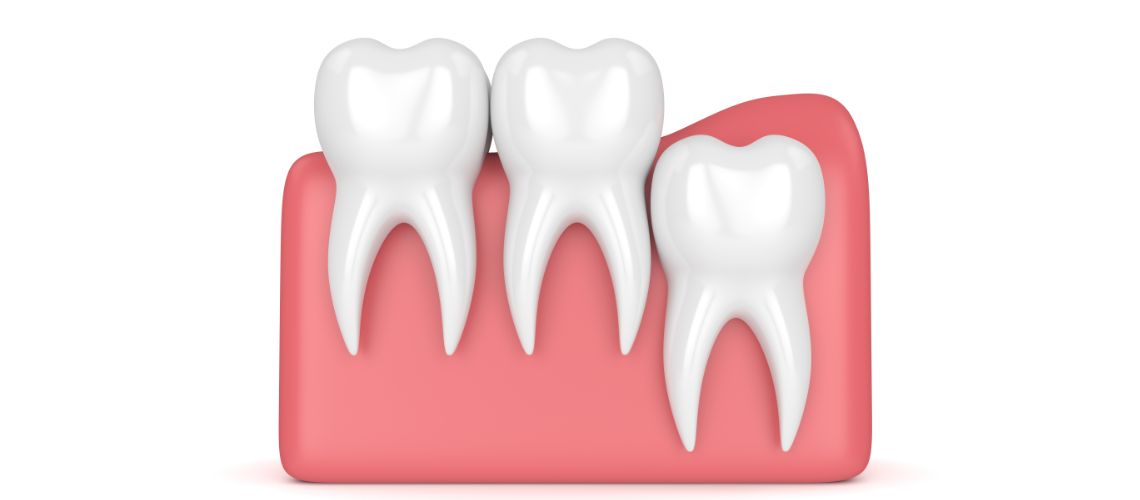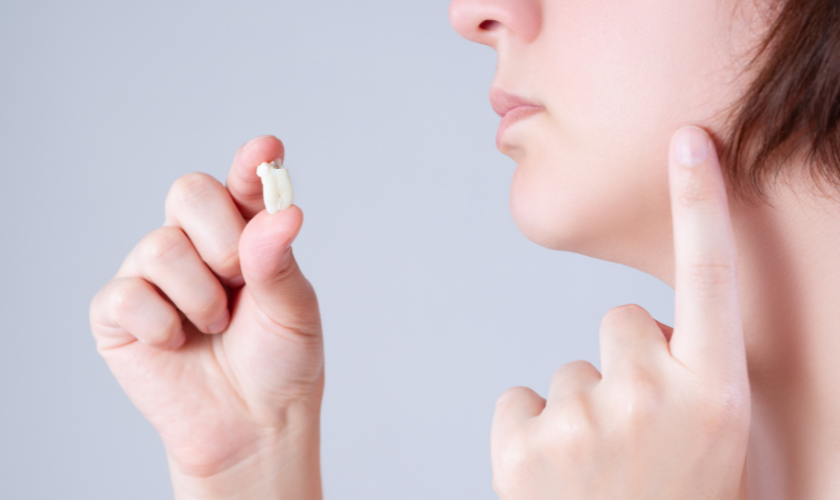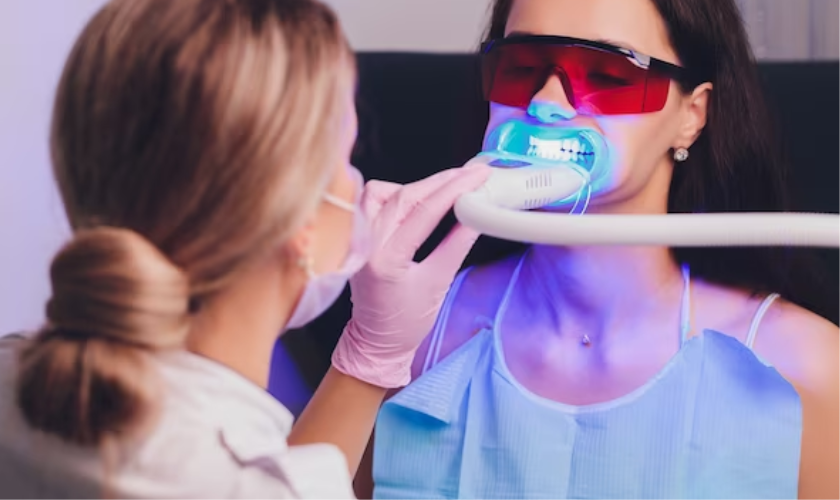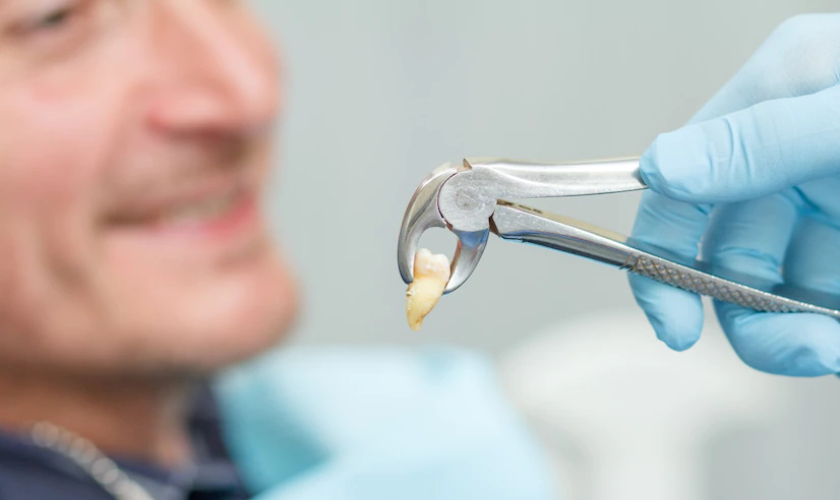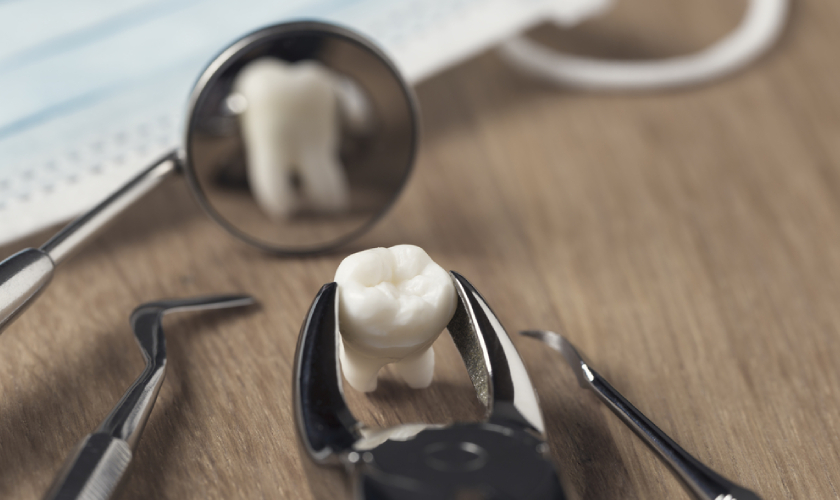After undergoing wisdom teeth removal, choosing the right beverages is crucial for a smooth and speedy recovery. Proper hydration and nutrition play a significant role in the healing process, while certain drinks can potentially hinder the recovery progress. In this article, we explore the best drinks to consume after wisdom teeth removal, along with hydration tips, nutritious smoothie recipes, beverages to avoid, and the importance of maintaining proper oral care during the recovery period. Let’s get into the dos and don’ts of post-operative drinking to ensure a comfortable and successful healing journey.
Recommended Drinks After Wisdom Teeth Removal
Clear Liquids for Immediate Post-Op Period
When it comes to what to sip right after your trip to the wisdom teeth wonderland, stick to clear liquids like water, apple juice, or broth. Save the milkshakes for later, champ.
Warm Broths and Soups for Comfort and Nutrition
Slurping on some warm broths and soups can not only make you feel like you’re getting a hug from the inside but also provide some much-needed nutrition for your healing body. It’s like a warm blanket for your mouth.
Importance of Staying Hydrated after Surgery
Hydration is key to kickstarting the healing process post-wisdom teeth removal Colleyville. Keep the fluids flowing to help your body bounce back like a champ.
How to Hydrate Effectively Without Disrupting Healing?
Sip on water throughout the day and avoid straws like they’re last week’s leftovers – they can disrupt the healing process. Hydrate wisely, my friend.
Nutritious Smoothie Recipes for Post-Op Healing
Protein-Packed Smoothie Ideas for Sustained Energy
Blend up some protein-packed smoothies to fuel your recovery like a boss. Think bananas, protein powder, and a dash of motivation – you’re on your way to healing greatness.
Vitamin-Rich Blends for Optimal Nutrient Intake
Load up your blender with fruits and veggies bursting with vitamins to give your body the nutrient boost it needs. It’s like a superhero serum for your recovery.
Beverages to Avoid to Prevent Complications
Acidic and Carbonated Drinks to Steer Clear of
Give acidic and carbonated drinks the side-eye for now – they can stir up trouble in your mouth after wisdom teeth removal Colleyville. Opt for a smoother, drama-free recovery instead.
Sugary Beverages that can Aggravate Healing Wounds
Hold the sugary drinks at bay, as they can be a party crasher for your healing wounds. Give your body a healing oasis instead of a sugary rollercoaster.
Tips for Maintaining Oral Hygiene Without Disrupting Healing
Brush gently, my dear friend. Yes, you read that right. Soft bristles, delicate strokes – think of it as a spa day for your gums. Avoid vigorous swishing and swishing with mouthwash; we’re aiming for zen vibes in your mouth, not a turbulent storm.
Oral Rinses and Sensitive Care Products for Comfort
Say hello to your new best friends: oral rinses and sensitive care products. These bad boys are here to make your recovery journey smoother than a freshly shaved ice rink. Rinse gently, and opt for products designed for sensitive mouths. Your gums will thank you with a standing ovation.
In the end, selecting the appropriate drinks after wisdom teeth removal Colleyville can greatly impact your recovery experience. By following the recommendations provided and avoiding problematic beverages, you can support your healing process and minimize discomfort. Remember to prioritize hydration, nourishment, and oral care to promote a swift and successful recovery after wisdom teeth extraction. Here’s to a speedy recovery and a healthier, happier smile ahead.
Wisdom Teeth Blues? Get the Lowdown with a Consultation!
Are wisdom teeth giving you the blues? Don’t wait until the pain becomes a wisdom screamer. Schedule a consultation with your dentist to chat about your third molars and get all your questions answered. Think of it as a pre-emptive wisdom teeth summit – we’ll gather intel (X-rays, exams) and devise a personalized plan to beat those dental struggles (or keep them at bay, if that’s the verdict!).
Frequently Asked Questions
Q. Can I drink water after wisdom teeth removal?
A. Absolutely! Water is your best friend after wisdom teeth removal. It helps with hydration, prevents dry sockets (a painful complication), and flushes out any lingering particles. Aim for small sips throughout the day.
Q: Can I use a straw after wisdom teeth removal?
A. Straws can create suction, which can dislodge the blood clot forming at the extraction site. This blood clot is crucial for healing and preventing dry sockets. Avoid using straws for at least the first week after surgery. Sip directly from a cup or glass instead.
Q: My mouth feels dry after surgery. What can I do?
Dryness is a common side effect after wisdom teeth removal. Here are some tips to manage it:
- Sip on cool liquids frequently throughout the day.
- Suck on sugar-free popsicles or ice chips.
- Use a humidifier at night to add moisture to the air.
- Apply lip balm to keep your lips from cracking.
- Avoid medications that can cause dry mouth, like certain antihistamines and decongestants.
If dryness persists or becomes severe, consult your dentist for further advice.
Q. How soon after the surgery can I start consuming hot or cold drinks?
A. Wait at least 24 hours before introducing hot or cold drinks. It’s best to start with lukewarm beverages and gradually transition to your preferred temperatures as your mouth heals. Always prioritize comfort and avoid anything that causes discomfort.


